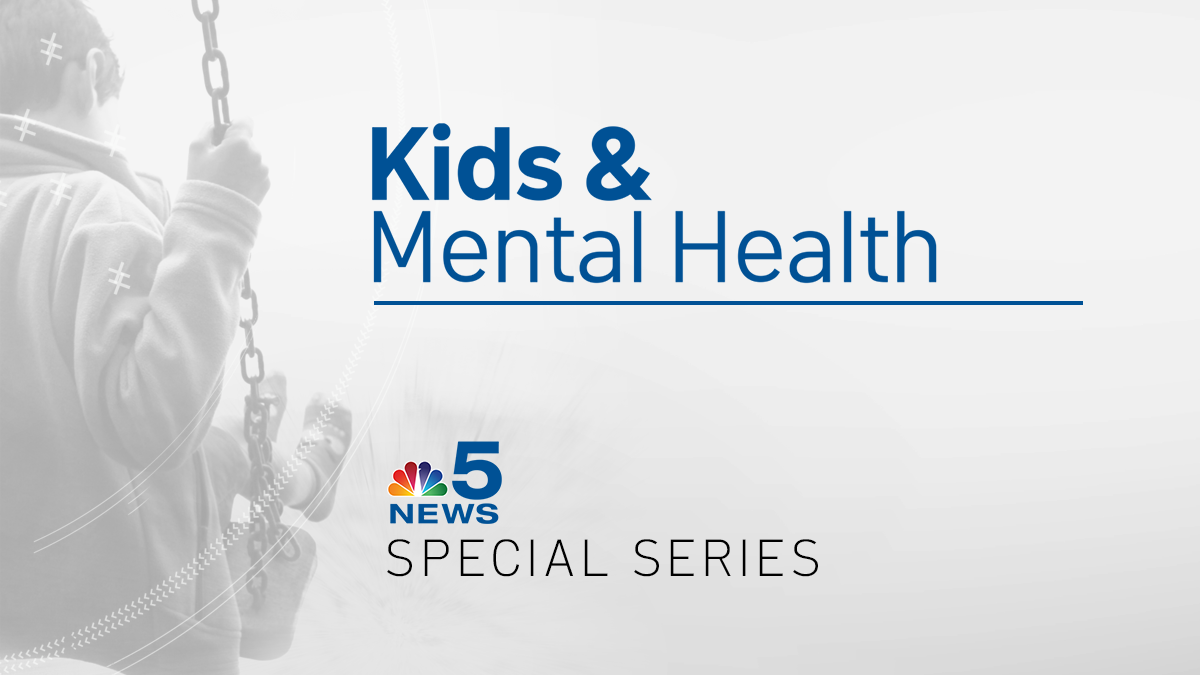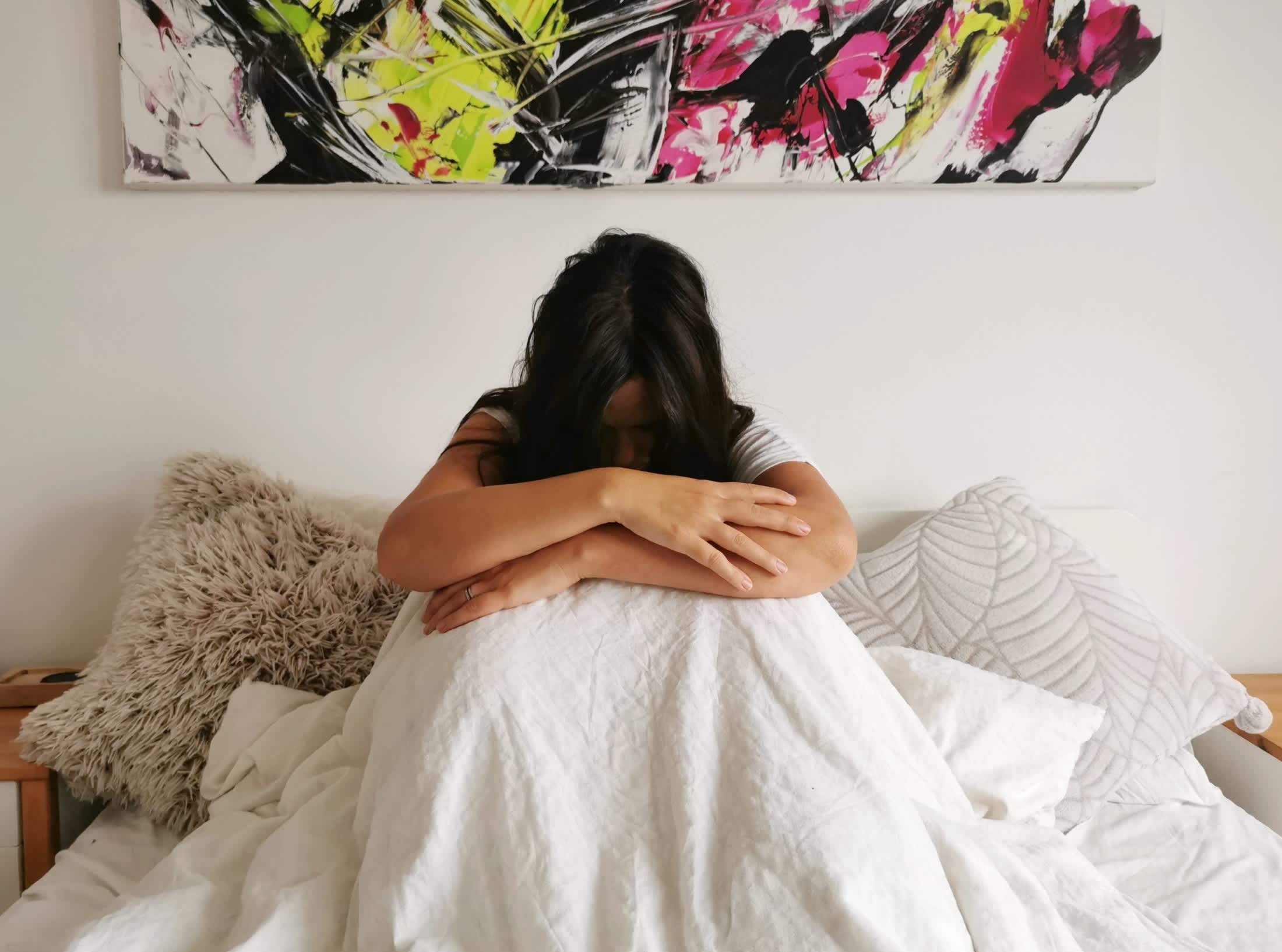When her 16-year-old daughter would not get out of bed for several days, a suburban Chicago mother knew she needed help and started calling therapists.
“Everyone is like there’s a wait and she’d have to go to this process. No one can just see you right away,” the mother said. We are not naming the mother or her daughter to protect the family’s privacy.
Desperate, the mom took her daughter to the emergency room.
"I found out when you take your child to the ER because you're worried something's going on, and they need mental health help, they will get it right away. She went up to the top of all the lists," the mom said.
It’s a sad truth, says Dr. Jennifer Hoffmann, a pediatric emergency medicine physician at Lurie Children’s Hospital.
"The emergency department often serves as a connection site for parents to be able to access resources that they have trouble accessing in the community," Dr. Hoffman said.
Dr. Hoffmann says mental health services for children are limited.
"We do wish that there were more community resources and greater ease of access without having to come to the emergency department," Dr. Hoffmann said.
One of the existing resources is school counselors, but remote learning during the coronavirus pandemic has altered that relationship.
"It's been tough to figure out if there are students that really need our help,” said Helen Pappas, the counseling facilitator at Alan B. Shephard High School in south suburban Palos Heights.
While the more than 1,700 students have the option to attend in person two days a week, 40% have elected to remain fully remote.
“You can't see the nonverbal signs that you would normally see in a school building. You would see a student who is isolated or who looks upset,” Pappas said.
Brandon Combs is the executive director of Erika’s Lighthouse, a non-profit founded by a Winnetka family who lost their daughter to depression.
“We need to really begin having this challenging conversation we've been trying to have for years on how do we break down stigma,” Combs sad.
Erika’s Lighthouse provides mental health curriculum to hundreds of schools nationwide, including 95 in Illinois. Seventeen new schools signed on this year to get help connecting with kids during the pandemic.
The organization tailored its curriculum to accommodate remote learners and has resources for parents as well.
“Our goal is ultimately to begin a conversation so parents have access to all of the resources. Everything we offer is free. It’s available on our website,” Combs said.
One of those online resources is a parent handbook that spells out steps concerned parents can take. Erika’s Lighthouse recommends a first call is to a pediatrician or family physician.
“I just think it's important for us, for teens, parents, caregivers, whoever it is, to know that resources are available,” Combs said.
Schools can also make referrals to therapy and counseling services as well. Even if children aren’t physically in school, counselors are available to help.
"There are parents that have reached out for assistance because they've spotted the signs that something's not quite right with their student,” Pappas said.



